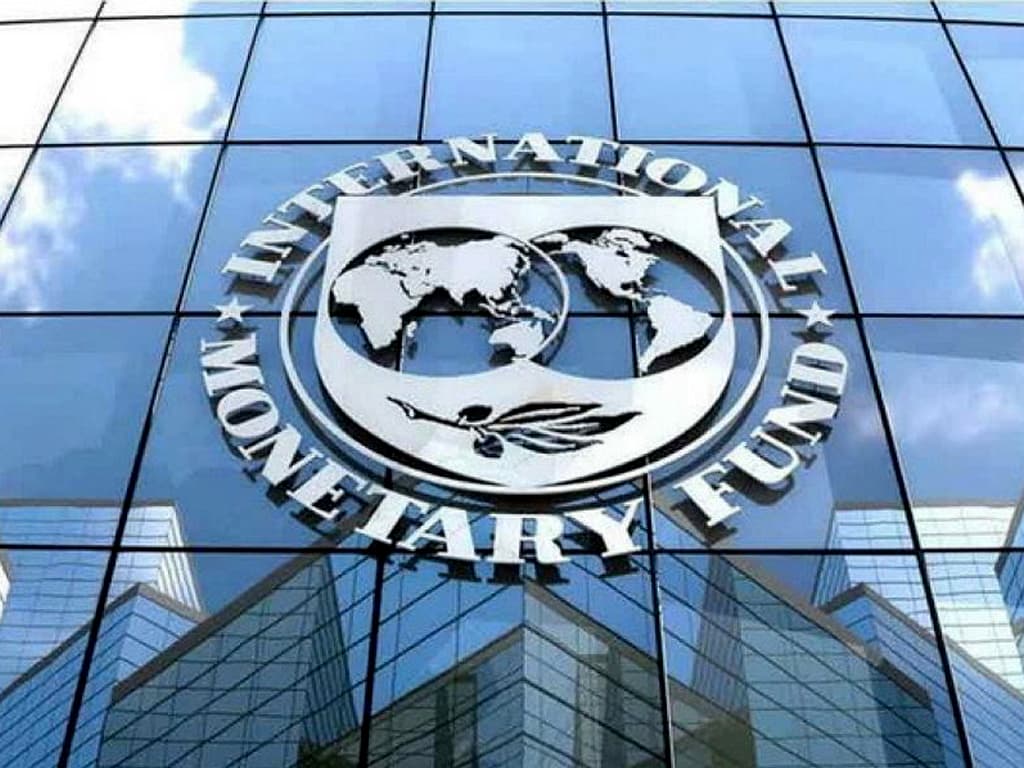The International Monetary Fund (IMF) staff team and Ghanaian officials have reached an agreement on the third review of Ghana’s economic reforms to pave the way for the disbursement of additional 360 million U.S. dollars to the country, a release said on Friday.
Stéphane Roudet, leader of the IMF staff team, disclosed this at a press briefing at the end of the team’s visit to the West African country.
Roudet expressed satisfaction about Ghana’s performance under the reform program, which the IMF supports with a loan of 3 billion U.S. dollars.
“Performance under the IMF-supported program has been generally satisfactory. The country met all the quantitative targets for June and made progress on key structural reforms, notwithstanding delays in a few areas,” the team leader said.
He noted that economic growth in the first half of 2024 was much higher than initially envisaged, as a result of high growth in mining, construction, and information and communication activities, with a broadening of the sources of growth across sectors during the second quarter.
“Ghana has made remarkable progress on its public debt restructuring,” Roudet said, adding that the external sector has seen considerable improvement in 2024, driven by strong exports, particularly gold, oil, and higher remittances.
Roudet said the IMF expected the strong monetary policy stance of the Bank of Ghana to continue pushing inflation downward, commending Ghana for reaching a deal with its bondholders and the Official Creditors Committee on debt treatment under the G20 Common Framework.
The IMF official said the Ghanaian authorities are committed to pursuing good faith efforts to reach an agreement with other commercial external creditors on a debt treatment consistent with program parameters and the comparability of treatment principles.
More than 98 percent of Ghana’s bondholders approved a deal last month for the country to exchange 13 billion dollars in Eurobonds for new bonds in the coming weeks.
The West African cocoa, gold, and crude oil exporter has been implementing economic reforms since May 2023 backed by a 3-billion-dollar loan from the International Monetary Fund to tackle multiple protracted economic challenges including currency depreciation, high inflation and ballooning public sector debts.

